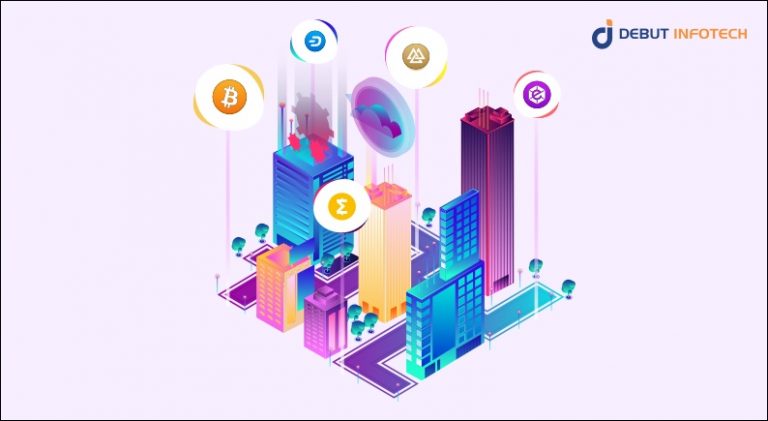The real estate market has traditionally been dominated by large investors due to the substantial capital required to participate. However, real estate tokenization is rapidly changing the landscape, making it more accessible and efficient for a wider range of investors. But what is real estate tokenization, and why is it gaining so much attention?

What is Real Estate Tokenization?
Real estate tokenization refers to the process of converting ownership of real estate assets into digital tokens on a blockchain. Each token represents a fractional share of the property, allowing investors to purchase and trade portions of real estate just like stocks or bonds. By doing so, real estate tokenization creates new opportunities for investors to diversify their portfolios and enter the real estate market with smaller capital investments.
In simpler terms, what is real estate tokenization? It’s a method of making real estate more accessible by allowing fractional ownership through blockchain technology, which records all transactions transparently and securely.
Real World Asset Tokenization and Its Role in Real Estate
Real world asset tokenization involves creating digital tokens to represent ownership of physical assets, like real estate, commodities, and even art. This process allows these assets to be traded and exchanged in the digital realm, enhancing liquidity and lowering barriers to entry.
In the context of real estate, real world asset tokenization means that properties can be split into smaller digital shares, enabling investors to buy fractional ownership in buildings, residential properties, and commercial spaces. Blockchain technology ensures that these transactions are secure, transparent, and easily transferable.
The Benefits of Real Estate Tokenization
Real estate tokenization offers several key benefits that are transforming the real estate industry:
- Increased Liquidity: Traditional real estate investments are illiquid, requiring investors to hold onto properties for long periods before they can sell. Tokenized real estate can be traded on blockchain-based platforms, providing much faster and more efficient transactions.
- Lower Barriers to Entry: Investing in real estate has traditionally required significant capital. Through tokenization, smaller investors can now own fractions of properties, making it accessible to people with less money to invest.
- Global Accessibility: Tokenized real estate can be traded globally, allowing international investors to participate in local markets. This breaks down geographical boundaries and opens up investment opportunities worldwide.
- Transparency and Security: Blockchain technology ensures that all transactions are recorded on a public ledger, which is transparent and immutable. This reduces the risk of fraud and provides a clear record of ownership.
- Flexibility in Financing: Developers can use tokenization to raise capital by selling ownership stakes in properties without relying solely on traditional methods such as loans or venture capital.
Challenges and the Future of Tokenized Real Estate
While the potential of real estate tokenization is immense, there are still challenges to overcome. The regulatory framework for tokenized assets is evolving, and it may take time for governments and institutions to catch up with the technology. Additionally, the adoption of blockchain in real estate is still in its early stages, and it may take time for investors to become fully comfortable with this new method of investment.
Despite these challenges, the future of real estate tokenization is bright. As the technology matures and regulations catch up, tokenized real estate could become a mainstream investment option, reshaping the way we invest in property.
Conclusion
In conclusion, real estate tokenization has the potential to revolutionize the real estate market by offering greater liquidity, lower investment barriers, and more flexibility in financing. By leveraging real world asset tokenization, real estate is becoming more accessible to a wider audience, and investors can now participate in the market with lower capital requirements. As blockchain technology and regulatory frameworks continue to evolve, real estate tokenization could become a key driver of change in the industry.
